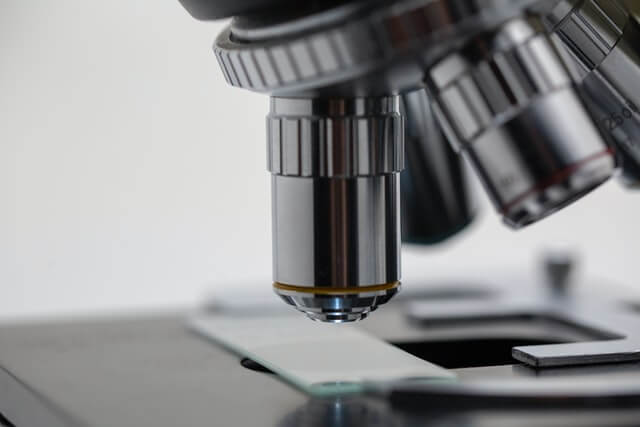Addictions are extremely powerful. So much so that they have the ability to take over the brain and take control of the addict’s thoughts and actions. Addiction causes addicts to seek out drugs or alcohol no matter what. Addiction is so destructive that it has no regards to family, friendships, or jobs. It may be difficult for non-addicts to understand what this is like, but there is a very real reason this happens. Addiction changes the way the brain functions.
Normal Brain vs. The Brain of an Addict
In non-addicts, healthy brains typically reward people for healthy behavior. Exercising, feeling love, and eating often makes people feel wonderful. This euphoria influences people to continue repeating these behaviors. If a person engages in reckless behavior, the body reacts with fear. The front area of the brain functions by sending ‘alerts’ or red flags that influence a person to consider if the consequences are worth the actions.
In an addict’s brain, the brain does not function in this manner. Instead, these reactions are rewired and operate in reverse. Drug use, which is widely viewed as reckless behavior, is now a rewarded function in the addict’s brain. Refusal to do drugs, or resistance, causes red flags in the brain. These factors heavily influence an addict’s continual usage.
Addiction is considered to be a developmental disease. It is one that usually begins in childhood or adolescence and continues into adulthood. Addiction drastically alters the way the brain functions, especially in terms of decision making, emotional stability, and rationalization.
As an addict’s use increases, the brain continues to rewire. Repeated use of alcohol and drugs can cause damage to the decision-making area in the front of the brain. When this area of the brain is not functioning properly, addicts are unable to rationalize their actions. They are unable to make the decision to stop taking drugs even if it means they lose their home or children or they end up in jail or dead.
What needs to be done
We recognize that addicts are unable to function how they did prior to their addiction. The road to recovery involves actively rewiring the brain back to its prior state. At Asana Recovery, we have trained professionals that work with addicts to create and reinforce positive behavior.
It is important to first determine the underlying issue that caused the addict to begin their substance use. Afterward, we work toward developing new positive behaviors for the brain to recognize. Continual use and reinforcement of exercise, art, and meditation help rewire an addict’s brain to feel extreme please in these activities. Further, continually engaging in healthy behavior helps reprogram the front cortex of the brain to recognize that drug use is harmful and it has very real consequences.
It is not too late to create a new outlook on your life. At Asana Recovery, we have several trained professionals available on a 24-hour basis to help addicts develop the coping skills they need to resist drugs and live a happy life in recovery. Call us today at (949)438-4504 to get started.



